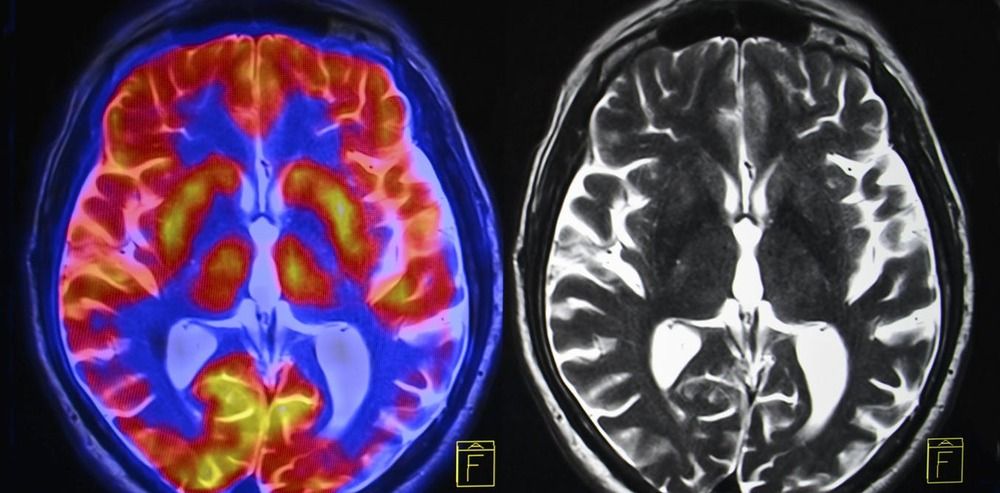Investors betting big against catastrophic diseases are watching the World Health Organization closely as insurance bonds tied to whether the organization labels COVID-19 a pandemic are set to mature in June.
In 2017, the World Bank designed a new way to raise money: Pandemic Emergency Financing bonds. Over $425 million worth of such bonds, which bet against a global outbreak of infectious diseases and will default if WHO declares the coronavirus a pandemic, were sold by the World Bank in its first-ever issuance of catastrophe bonds. In the event of no pandemic, investors would be paid a healthy annualized return. Meanwhile, the World Bank could use the bonds to insure itself against the risk of a global outbreak.
“As an investor, we do not want to lose money,” said Chin Liu, a portfolio manager at Amundi Pioneer, a Boston-based firm that purchased the bonds as a way to diversify the company’s $1 billion catastrophe fund. “But then, we also understand if it’s unfortunately triggered, it benefits every single person, including ourselves, to keep the virus controlled.”





